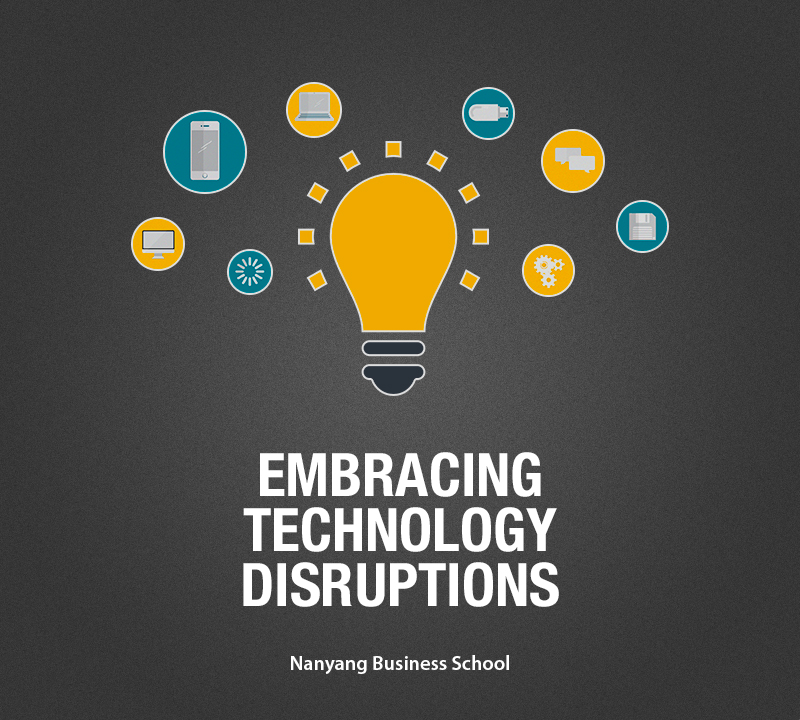Every business leader needs to stay up-to-date with the economics world. While academic journals on the subject are abundant, blogs have taken over. You’ll find top economists, academics and the like offering valuable analysis and arguments that you should be reading.
Here are some blogs you need to check out.
This blog is called Grasping Reality. It is run by the well-known financial economist and economic historian Brad DeLong, who is associated with the University of California at Berkeley. He was one of the first bloggers in this field and combines the political-polemic style of Blogosphere 1.0 with many links to expand on his points.
Paul Robin Krugman is an American economist. In 2008, he was awarded the Nobel Memorial Prize in Economic Sciences for his contributions to New Trade Theory and New Economic Geography. He writes on a wide range of economic issues including international economics, macroeconomics, income distribution and taxation. Krugman considers himself a modern liberal and expresses strong political views as well.
Tony Yates is a professor in the UK. Previously, he spent two decades working with the Bank of England. He has a reputation for witty commentary and being brutally honest whether it is aimed at market monetarist bloggers, heterodox economists or those opposing central banks. You’ll find lots on monetary policy and macro on the blog too.
This blog by Simon Wren-Lewis is for both economists and non-economists. A professor of Economic Policy at Oxford University, he can keep you well informed with debates on macroeconomic methodology. His posts are long and detailed; so settle down with some coffee.
A Fine Theorem is a summary of economics research conducted by Kevin Bryan, an Assistant Professor of Strategy at the University of Toronto Rotman School of Management. His interests lie in the fields of innovation, micro theory and philosophy/methodology but his posts cover much more than that. For those of you who are research-oriented in your approach, this blog is perfect.
This Wall Street Journal blog keeps up with trends. You’ll find honest insights and analysis that you can relate to both everyday life and the industry. For example, one of the latest posts discusses how more young adults are living with their parents even though this isn’t a recession period.
Although Mish Shedlock is an investment advisor based in the United States, he is an expert at getting the facts and stories from all over the globe. You’ll find everything from the French elections to the economics of Black Friday.
David Beckworth is on the faculty at West Kentucky University (USA) and an adjunct scholar at the Cato Institute. He’s also a former economist at the US Department of Treasury. He has done research on the assessment of monetary policy, the transmission mechanisms through which it works and its impact on economies. When you follow his blog, you’ll find posts about most countries and continents.
You have probably read the book, Freakonomics: A Rogue Economist Explores the Hidden Side of Everything by Steven Levitt, an economist at the University of Chicago, and Stephen Dubner, a journalist. Well, the authors created a blog soon after to keep the conversation going that started with their book. This blog stands out for its cool news and fun way of looking at economics. You’ll find plenty of podcasts too.
This website brings you multiple blogs in one. It offers policy advice and economic analysis contributed by a group of American economists, legal scholars, academics and financial market specialists. They created the blog to focus on the serious challenges facing the global economy after the financial crisis in 2007. You’ll find articles that elaborate on the causes of economic issues as well as suggestions for policymakers. It’s a great site to get many perspectives.
Take advantage of these great resources. The sphere of economics is a fascinating world.
Which are your must-visit blogs? Don’t forget to share your favourites in the comments below.








